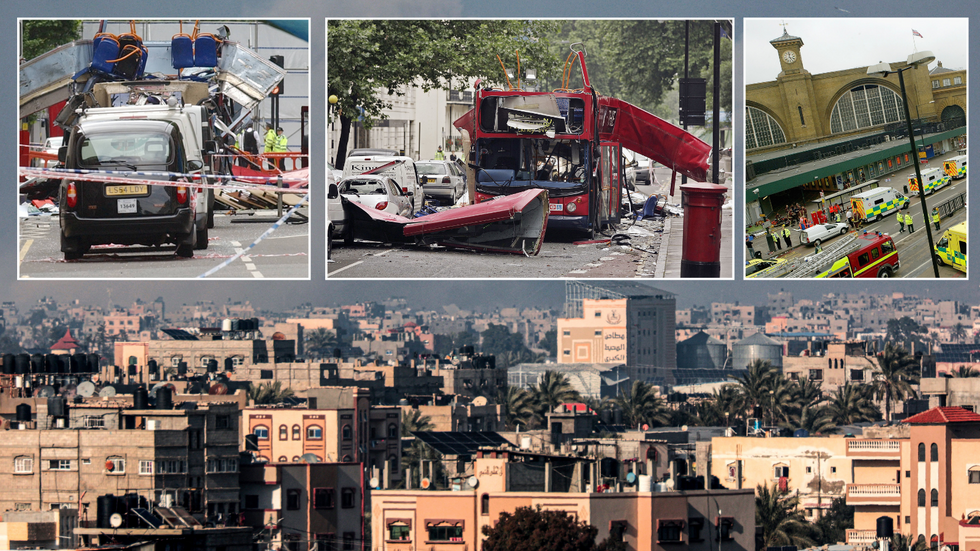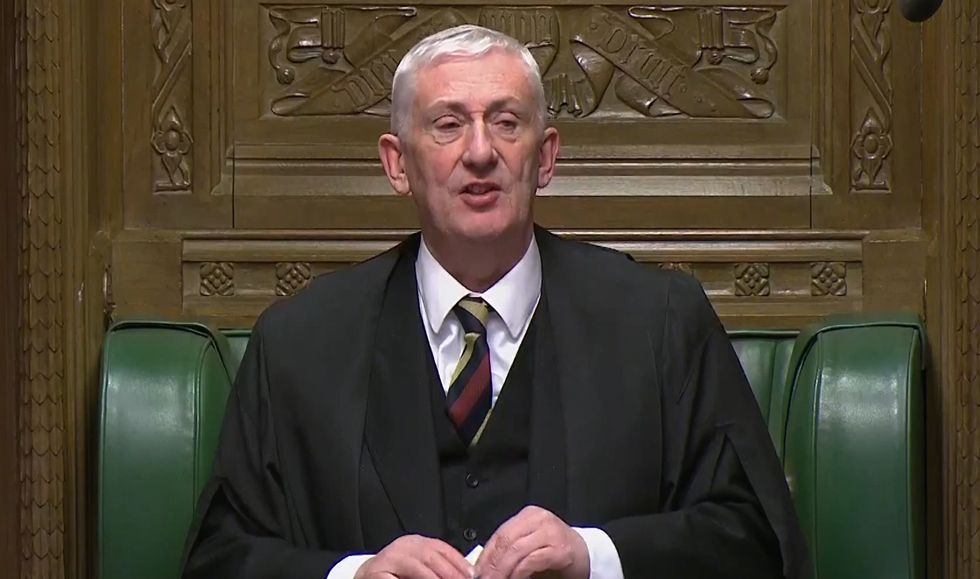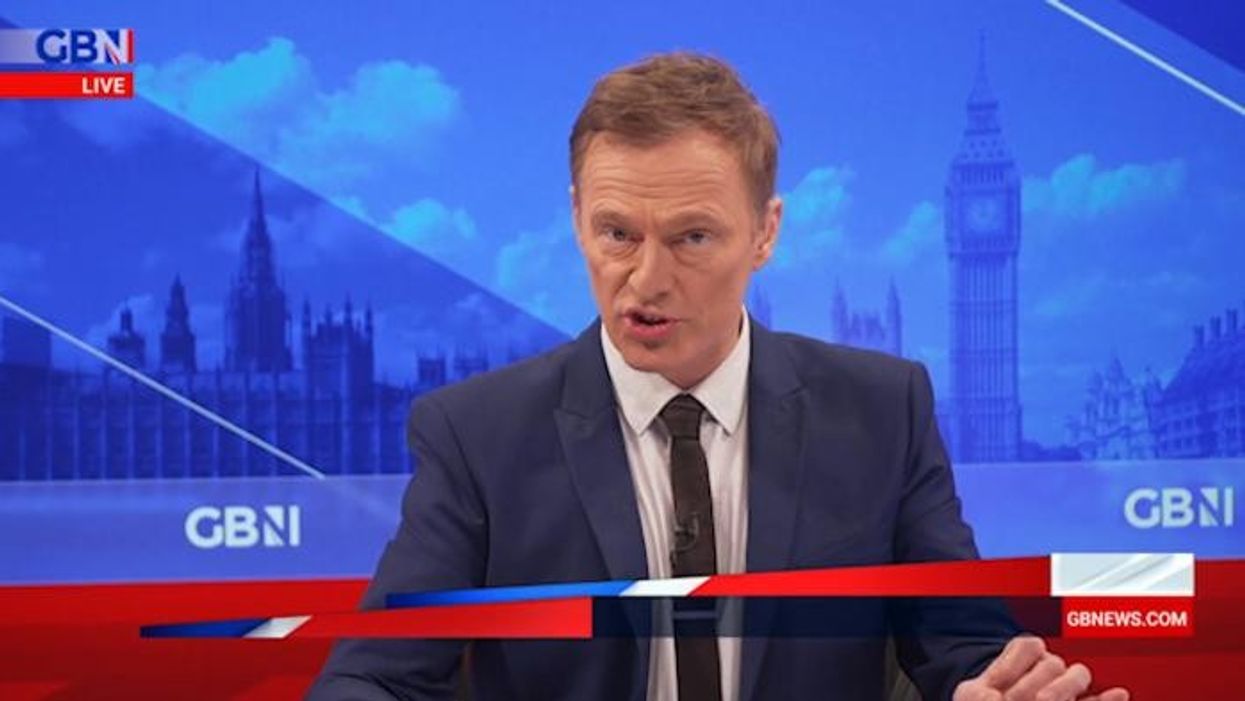The government’s independent reviewer of terrorism's biggest worry is the threats being made against MPs, which he considers a 'risk to our democracy'
Don't Miss
Most Read
Trending on GB News
The threat levels posed by Islamic extremists in the UK have risen since “Hamas attacked Israel”, the government’s independent reviewer of terrorism has said.
Jonathan Hall KC referred to the ringleader of the London bombings on July 7, 2005, who was motivated by the events in Palestine.
He said: “I think that the risk is now greater as a result of October [when Hamas attacked Israel].”
Hall said that his biggest worry was threats against MPs, which he considers a “risk to our democracy”.

The government’s independent reviewer of terrorism has said that the threat level to the UK has increased since the October 7 attacks
Getty
He told Times Radio: “When you see last week, MPs literally scared to show [in parliament], apparently wanting to change their behaviour in parliament because of threats that they’ve been receiving.
“If those are done in order to affect the way in which the government acts and way parliamentarians operate, then actually that does begin to fall within the scope of terrorism and might even call for counterterrorism response.”
Hall said that he considers online platforms more dangerous than the marches, as people can say what they like whilst remaining anonymous.
His comments come after three female politicians were given private security amid growing fears for the safety and wellbeing of MPs.
LATEST DEVELOPMENTS:

Jonathan Hall KC said that his biggest worry was the threats being made against MPs
6KBW
The MPs, who have not been named but are from both the Conservative and Labour, are using chauffeur-driven cars and are being accompanied by bodyguards.
The system which assigns security details is part of a system which was first created after an Isis supporter murdered Sir David Amess in October 2021.
Tom Tugendhat, the security minister, is understood to have been working with the Home Office, police chiefs and parliamentary authorities to strengthen the safety and security of MPs.
Last week, chaos erupted in the House of Commons after the Speaker, Sir Lindsay Hoyle broke with convention to allow a vote on a Labour amendment to the SNP’s motion calling for an immediate ceasefire, a move he said he did to protect MPs.

Lindsay Hoyle has sparked fury from the Conservative Party and the SNP after breaking precedent
PAThis led to calls from the SNP and some Conservatives for Sir Lindsay to resign, accusing him of bowing to pressure from Keir Starmer.
Since then, the number of MPs declaring a vote of no-confidence in him has risen to 80.
The Speaker argued that he made the decision to protect the wellbeing of MPs, after being told of “absolutely frightening” threats against them if the Labour position was not debated.
He also said that allowing a vote on Labour’s amendment would result in the MPs being able to discuss “widest range of propositions” which he believed would bolster their protection against attacks.









